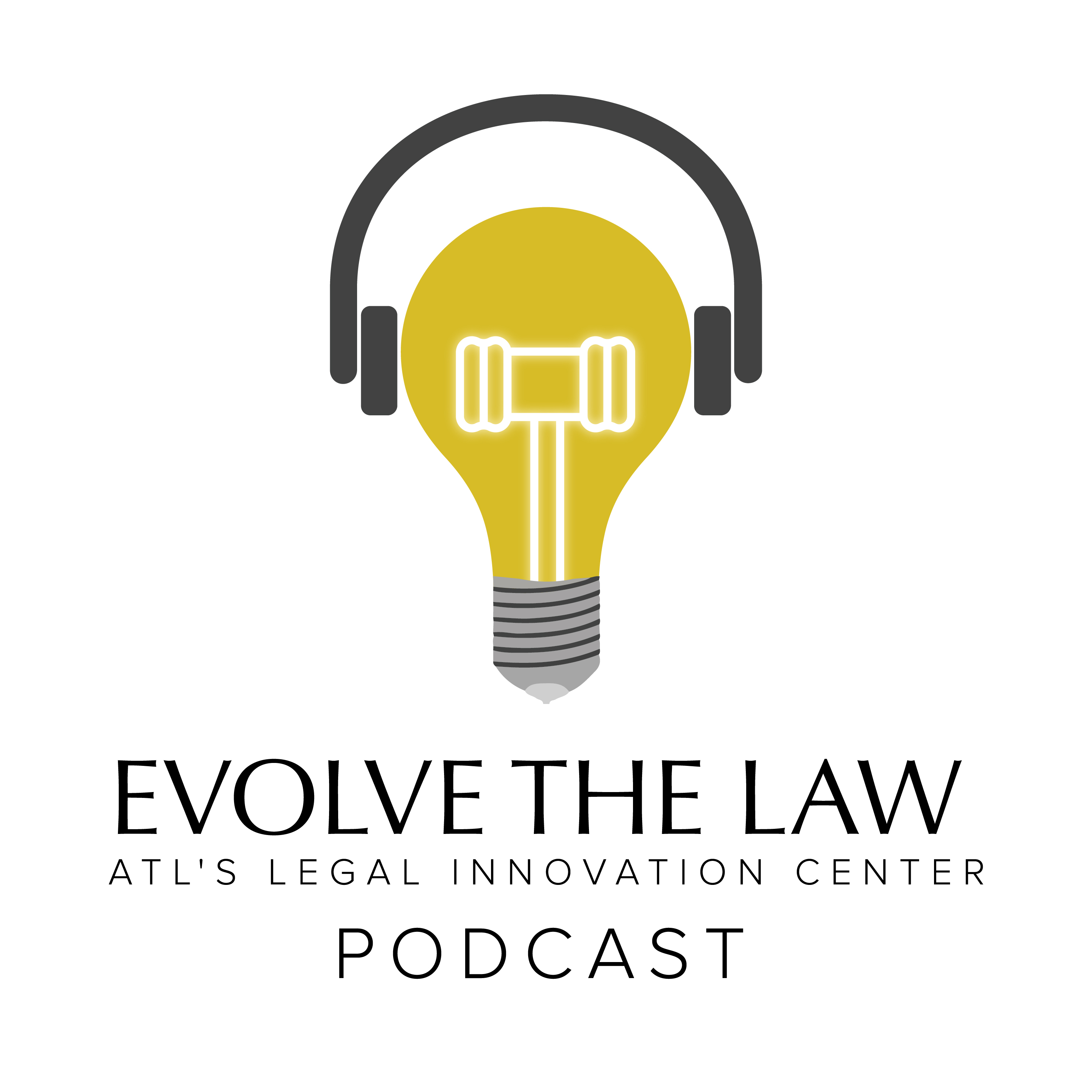 Perhaps it’s unfair to suggest there’s never been a clear explanation of blockchain for lawyers before now. Casey Kuhlman of Monax can provide a pretty good primer. David Berger from Integra can get into the technical details for you. And Katherine Lowry tried to demystify the blockchain just this week.
Perhaps it’s unfair to suggest there’s never been a clear explanation of blockchain for lawyers before now. Casey Kuhlman of Monax can provide a pretty good primer. David Berger from Integra can get into the technical details for you. And Katherine Lowry tried to demystify the blockchain just this week.
But for a crystal clear account of real use cases, I sat down with Steve McNew of FTI Consulting to ask bluntly, “What’s the deal with blockchain for lawyers?”
For FTI, what blockchain can bring is big savings by automating pain points that are simply too onerous to deal with manually. Take the oil and gas sector. When companies haul crude from Canada to the Gulf, it comes down on railcars that are constantly monitored to ensure they’re delivering what’s promised. Insurers charge a premium to cover full railcars, yet on the return trip — when the cars are empty — the company continues to pay the premium because going back and turning off the premium for tens of thousands of individual cars would cost more than it’s worth. Using the existing sensors, a smart contract can flip the switch whenever a sensor records that the car is empty, saving the company on the order of $4-6 million every year.
Or, perhaps, a peanut company that purchases crops from Mexico and then sells them to a major food company. The manufacturer wants assurances that any peanuts it buys are organic, legally in the U.S., and not tied to violent cartels. In this case, Block 1 might maintain all origination information about the crop: who owns the farm, the deed, are there leins on the property, any connection to known cartels, etc. Meanwhile, Block 2 might track everything about the crop itself: when it was harvested, when it left Mexico, crossed the border, etc. Everything has to match. Ultimately, the FDA is going to want some of this information too. No problem, instead of giving them a report, just give them access to the data.
For all the hype, basically smart contracts are just code that automatically executes when objectively verifiable triggers are met.
But McNew notes that there are legal quandaries out there that the blockchain world still needs to address. “In a lot of ways, smart contracts flip the plaintiff and defendant,” he says. When a party breaches a normal contract, they don’t pay and get taken to court. In a smart contract the payment is made automatically, so the aggrieved party is the one looking to get their money back. And in these cases it’s not always clear how one heads to court. Developer code — all a smart contract is at the end of the day — doesn’t have the venue and choice of law provisions we all take for granted in standard agreements. Should lawyers be out there developing a UCC or writing boilerplate language into forms parties need to click like a software agreement?
And that’s all before we get into where cryptocurrency is headed. Forget Bitcoin, McNew sees the future of cryptocurrency in unconventional places like municipal bonds and healthcare. Berkeley is already moving this way with microbonds on blockchain. For McNew, companies should think about cryptos like frequent flier miles with customers earning rewards that they can only use for other services within the same ecosystem. One example he posed was a healthcare provider rewarding us for going to the gym with tokens that can be exchanged for co-pays. Could law firms themselves follow a path like this? Maybe. For firms trying to keep clients landlocked, a frequent flier program is one way to do it.
It’s hard to say where blockchain’s going to take the legal industry, but once you grasp some solid use cases, it’s easy to start coming up with more and more interesting hypotheticals.
 Joe Patrice is a senior editor at Above the Law and co-host of Thinking Like A Lawyer. Feel free to email any tips, questions, or comments. Follow him on Twitter if you’re interested in law, politics, and a healthy dose of college sports news. Joe also serves as a Managing Director at RPN Executive Search.
Joe Patrice is a senior editor at Above the Law and co-host of Thinking Like A Lawyer. Feel free to email any tips, questions, or comments. Follow him on Twitter if you’re interested in law, politics, and a healthy dose of college sports news. Joe also serves as a Managing Director at RPN Executive Search.






